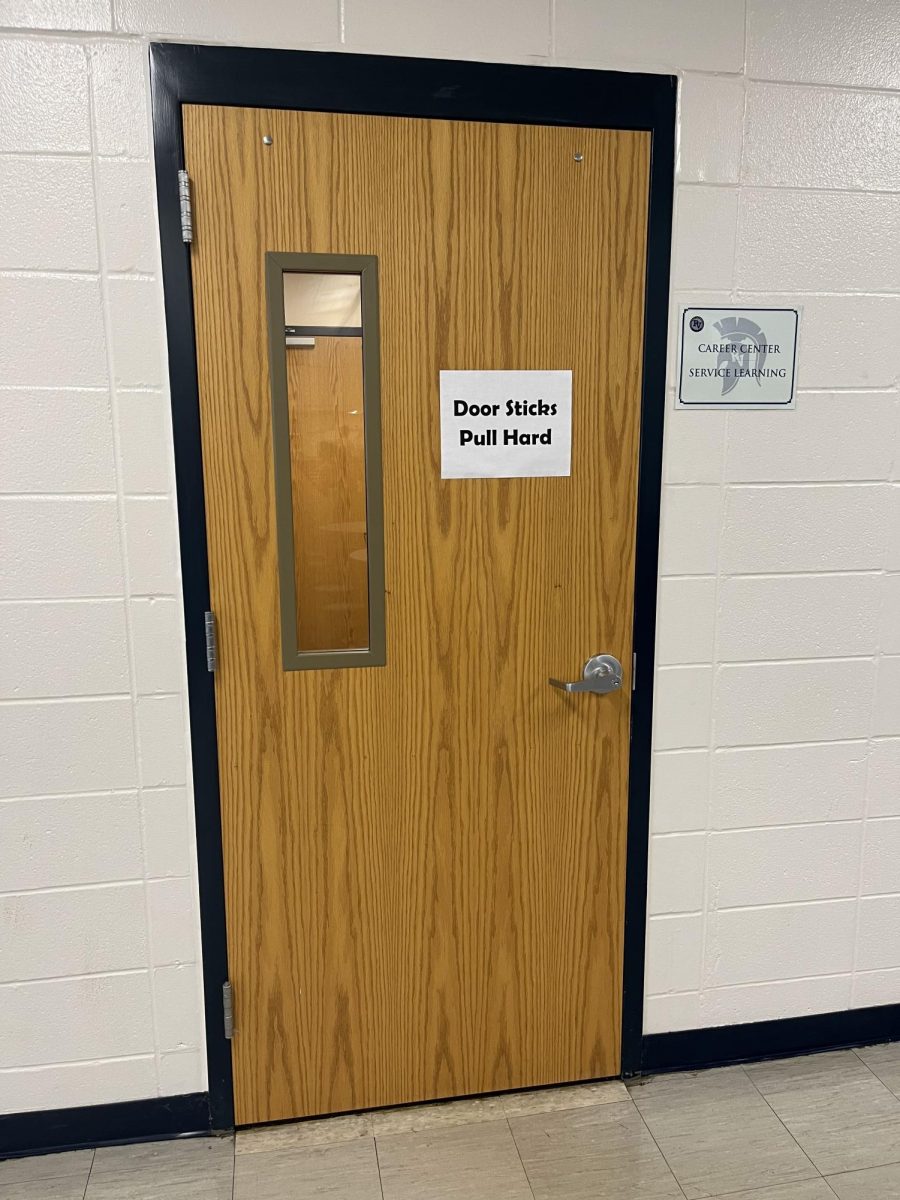Service learning has long been Pleasant Valley High School’s only non-academic graduation requirement, but that is quickly changing. PV school administration is considering making job shadowing a requirement to receive a diploma.
Job shadowing involves focusing on a single career at a company for one day. Differing from job training, shadowing can be thought of as a “day in the life” of a career professional. One would follow a given person or group of people through a day’s work, giving students insight to a career past the basic job description.
PV’s career center advisor Mary Johnson has helped hundreds of students connect with professionals to learn about their careers through job shadowing. She noted, “between lunch and learns, job shadows, internships, apprenticeships, and tours, we aim to provide every student at PV with an opportunity to explore careers of interest. PV has had work based learning opportunities for over 30 years.”
To summarize her explanation of the law and what it means, while the school board has not voted to make job shadowing a requirement, the state of Iowa recently passed a law that deducts funds from school districts that do not provide at least one job shadow, tour, or other career learning opportunity to every student. Johnson anticipates the school board will make it a requirement within the next few years.
Job shadowing is a valuable opportunity to learn outside the classroom, and focus on a specific job. A common misconception is that job shadowing is only for more technical jobs, but nowadays every career from teaching to cooking has some sort of job shadowing opportunity.
Senior Ronit Wade had a strong opinion in favor of job shadowing.“I think job shadowing is a good thing. It teaches kids about the career they want to go to, and it gives them the experience to see if they truly want to go into their desired fields,” Wade conveyed. Job shadowing can often help to solidify students’ expectations of what a job is like, but it can also discourage them from planning to go into a career that they don’t enjoy, saving them time and money.
However, this will come at the expense of a day of school, in which the average student has 6 to 7 classes they must miss to complete the required job shadow. Additionally, adding more hours on to the 70 required service learning hours could overwhelm students taking many different classes and extracurriculars.
Junior Himanshu Jangid has concerns with this possible new requirement, saying, “I believe that job shadowing should not be a requirement. Not everyone knows what they want to pursue yet, and for those who do, making it a requirement will only cause reluctance in students towards pursuing their passion.”
While job shadowing can be helpful to narrow down the many job opportunities associated with a path, some feel that a job shadow has too much of a negative negative pressure on students which could cause them to turn away from a job opportunity because of a negative experience. 75% of high school students have a career in mind, but only 39% have taken classes or a job shadow to further explore a career.
Whatever your stance, job shadowing will inevitably become a requirement at PV so long as school finances are impacted, and will join the 70 hours of service learning as a non-academic graduation requirement.









